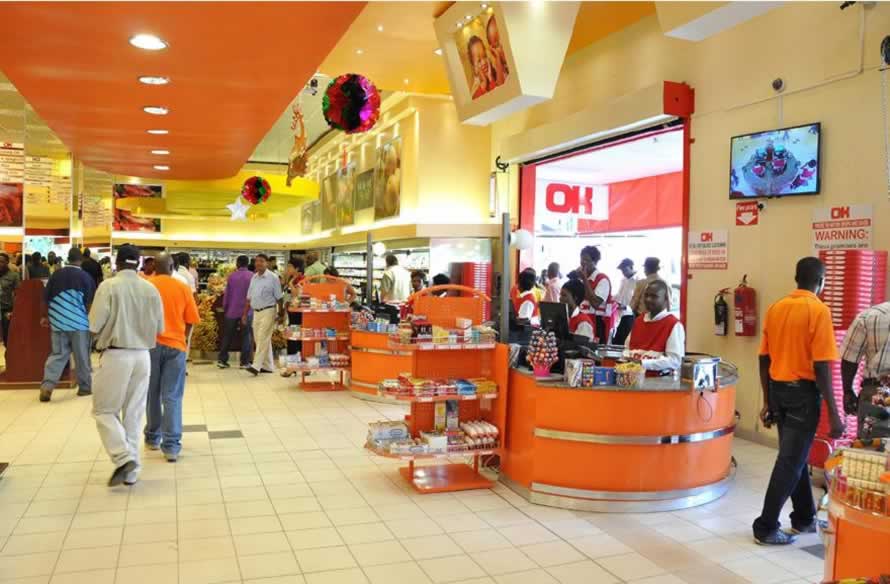Zimbabwe Stock Exchange-listed retail giant, OK-Zimbabwe, which runs a chain of supermarkets across the country, is engaging its landlords on rental reductions to match the reduced level of activity in the stores during the lockdown period.
Zimbabwe has been under lockdown since March 30 as part of measures by the government to curb the spread of the deadly COVID-19 pandemic, which has brought the whole world to a standstill.
Under the lockdown, businesses have not been operating on a full scale, with movement of people remaining restricted, negatively impacting on companies’ revenue and profits.
In a COVID-19 lockdown special trading update issued Friday, OK-Zimbabwe company secretary, Margaret Munyuru, said to minimise the impact of the pandemic and the lockdown, they were among other things engaging landlords for rental reductions.
She said while OK Zimbabwe was classified as one of the essential service providers allowed to trade, though for reduced hours, that still affected the retail giant’s operations.
“Movement into the central business district of major cities and towns was restricted [during the initial 21-day lockdown, further extended by two weeks] and this saw the company’s six Harare CBD stores being closed in the month of April 2020,” said Munyuru.
“A number of our key suppliers could not operate as they were not part of the essential services and this disrupted the supply chain. The company expects results for the quarter ending 30 June 2020 to reasonably reflect the impact of the lockdown and will update accordingly.”
OK-Zimbabwe company secretary said to minimise the impact of the lockdown they also
engaged suppliers of products to ensure continuing supply of merchandise for trading in the stores; suspended new projects on the capital expenditure programme concentrating only on completing work that was already under way; deferred launch of the company’s flagship promotion, the OK Grand Challenge annual promotion that runs from April to June, and implemented other measures.
The company also eliminated all non-essential expenses; froze new staff engagements and suspended all company activities that compromised social distancing.
“With assistance from public health practitioners, [we] enhanced hygienic procedures including provision of sanitisers, hand washing facilities for use by both staff and our customers and increased frequency of cleaning of facilities,” said Munyuru.
She added that they also provided personal protective equipment to all staff while they continue with the testing of staff and customers’ temperatures on entering company premises, adding they were promoting and maintaining social distancing through allowing fewer customers in the stores at any one time.
Munyuru however allayed any insolvency fears.
“Because it (the company) has continued to trade, the business is increasingly capable of settling all its obligations as they fall due,” she explained.
“In addition, company has banking facilities in place which can be accessed should the need to borrow arise. The directors and management will continue monitoring and putting in place measures that will ensure the business remains a going concern.”

